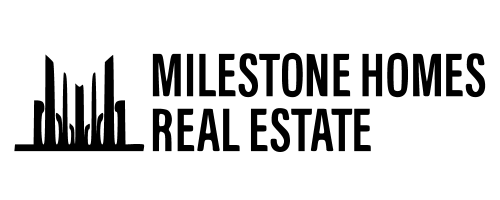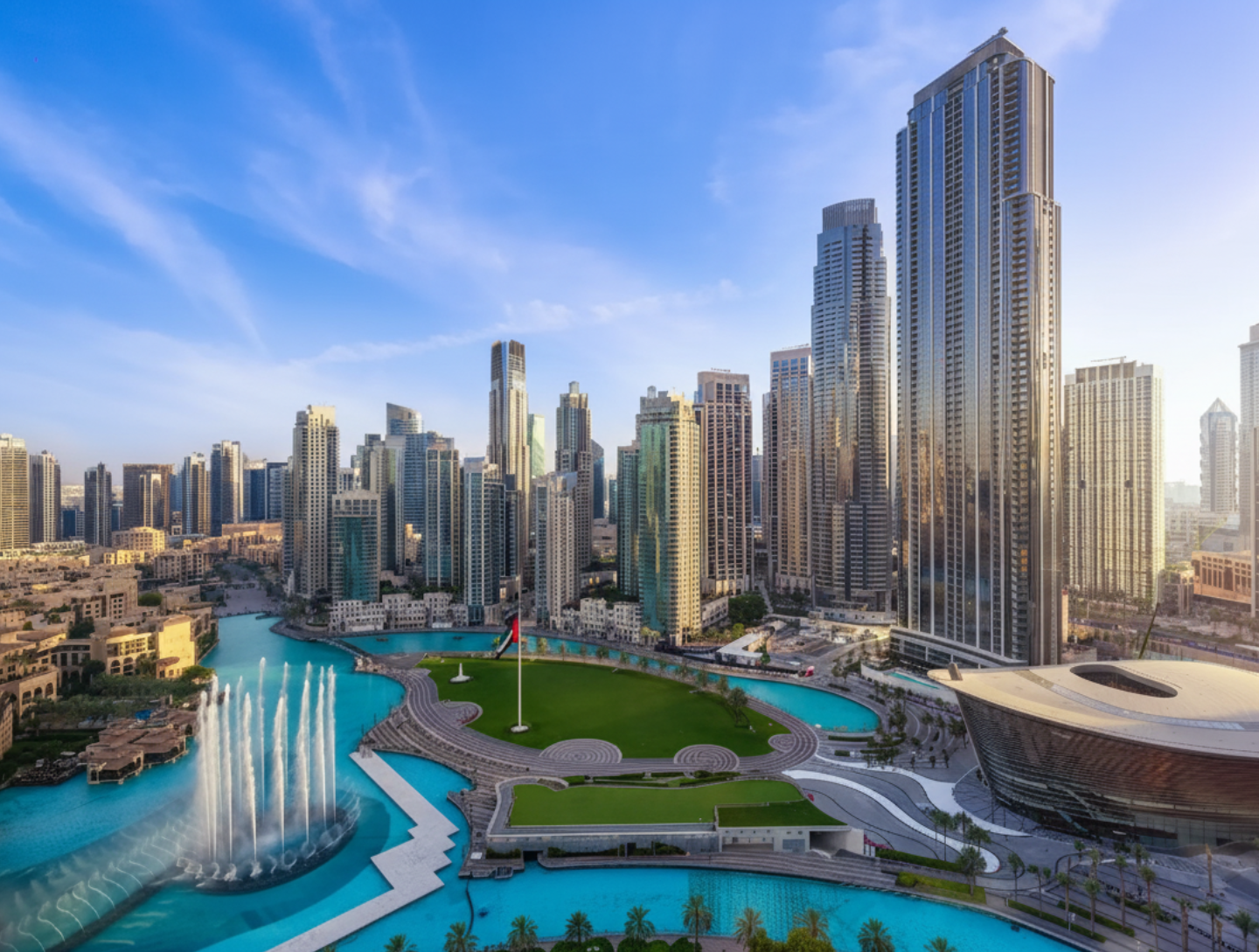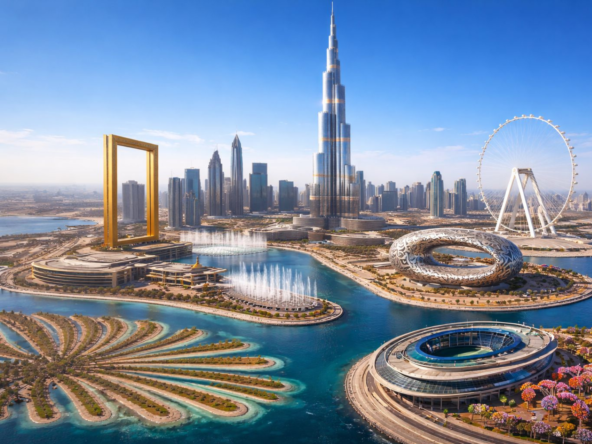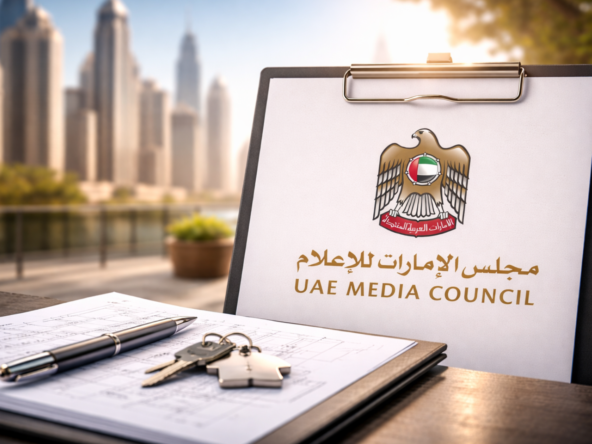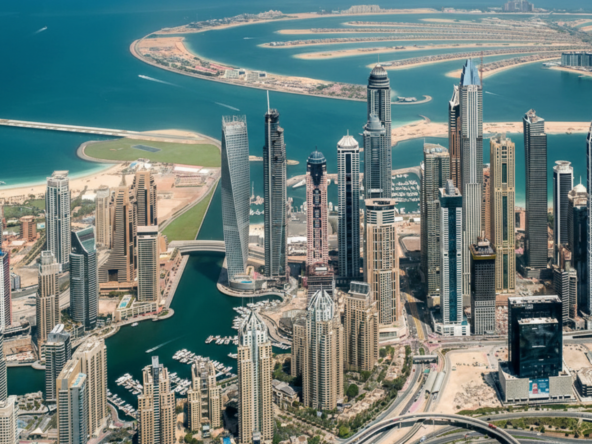Dubai’s property market continues to attract global investors in 2025, and for good reason. The city offers high rental yields, strong capital appreciation, and a tax-free environment, making it one of the most profitable real estate markets in the world. With a growing foreign demand, Dubai real estate investment has become a smart choice for both local and international buyers. When evaluating long-term profitability, understanding your Dubai real estate ROI is essential for making informed investment decisions. Whether you are looking at luxury apartments in Dubai Marina or affordable units in Jumeirah Village Circle (JVC), every investor can find great opportunities to earn consistent returns.
Still, not every property delivers the same results. To get the best ROI (Return on Investment) from your Dubai property, you must understand how ROI works and what factors affect it. Choosing the right area, property type, and strategy can make a huge difference in your profits. In this blog, we’ll explain what ROI means, how to calculate it, what influences it, and how you can maximize your Dubai real estate ROI in 2025 for better financial growth.
What is ROI in Dubai Real Estate?
ROI, or Return on Investment, measures how much profit you earn from your property compared to what you spent buying and maintaining it.
In simple terms, it tells you how much “return” you’re getting for every dirham invested.
ROI Formula:
ROI = (Net Profit / Total Investment Cost) × 100
Example:
If you buy a property in Dubai for AED 1,000,000 and earn AED 80,000 in annual rent after expenses, your ROI would be:
(80,000 / 1,000,000) × 100 = 8% ROI
This means you’re earning an 8% annual return on your investment, which is considered excellent in real estate.
Before investing, you can book a Dubai Real Estate Consultation Service to analyze your investment goals and ROI potential.
Types of ROI to Consider in Dubai Real Estate
When evaluating your Dubai real estate investment, it’s important to understand the different types of Return on Investment (ROI). Each type highlights a unique way of measuring property performance and helps investors make informed decisions.
Below are the main types of ROI that property investors in the UAE should consider:
1. Gross ROI
Gross ROI is the total return earned from your property before deducting any expenses. It gives a broad overview of the property’s profitability but doesn’t account for operational costs like maintenance or service fees.
Formula:
(Gross Profit ÷ Cost of Investment) × 100
Example:
If your annual rental income is AED 100,000 and your property cost is AED 1,200,000, your Gross ROI would be:
(100,000 ÷ 1,200,000) × 100 = 8.3%
2. Net ROI
Net ROI offers a more accurate view of your investment’s profitability. It includes all operating expenses, such as property management fees, maintenance costs, utilities, and taxes (if any).
Formula:
(Net Profit ÷ Cost of Investment) × 100
Example:
If your property generates AED 100,000 in rent and annual expenses are AED 20,000, then your Net ROI is:
(80,000 ÷ 1,200,000) × 100 = 6.6%
This calculation gives a clearer picture of your actual earnings.
3. Capital Appreciation ROI
Capital Appreciation ROI measures the increase in your property’s value over time. This type of ROI is crucial for investors focusing on long-term growth rather than immediate income.
Formula:
((Property’s Current Value − Purchase Price) ÷ Purchase Price) × 100
Example:
If you bought a property in Dubailand for AED 1 million and sold it later for AED 1.3 million, your Capital Appreciation ROI is:
(300,000 ÷ 1,000,000) × 100 = 30%
4. Cash-on-Cash Return (for Financed Properties)
This ROI type applies to properties bought using mortgage financing. It measures your returns based only on the actual cash you invested, not the property’s full value.
Formula:
(Annual Pre-Tax Cash Flow ÷ Total Cash Invested) × 100
Example:
If you invested AED 300,000 as a down payment and earned AED 30,000 annually in rent (after mortgage payments), your Cash-on-Cash Return is:
(30,000 ÷ 300,000) × 100 = 10%
This metric helps investors compare the performance of financed versus fully paid properties.
According to the Dubai Land Department (DLD), rental yields across Dubai remain among the highest globally, reinforcing investor confidence in the city’s real estate market.
Factors Affecting ROI in Dubai Real Estate
Understanding the factors that impact your Dubai real estate ROI is essential for making smart investment decisions. By considering these key elements, you can maximize your returns and reduce risks. Here are six important factors to keep in mind when investing in Dubai property:
1. Location
Location is one of the most critical factors influencing ROI. While property prices and rental rates have risen across Dubai in recent years, returns can vary significantly between communities. Investing in high-demand areas with relatively low supply ensures steady rental income and strong potential for capital appreciation.
Prime locations such as Dubai Marina, Downtown Dubai, and Palm Jumeirah remain popular with residents and tourists alike, offering consistent rental demand and higher chances of long-term value growth.
2. Property Type
The type of property you invest in directly affects your ROI. Apartments generally provide higher rental yields, while villas and townhouses tend to offer greater capital appreciation over time.
Average Rental Yields by Property Type (2025):
- Apartments: 7.25%
- Villas: 4.98%
- Overall Average: 6.88%
Choosing the right property type based on your investment goals, whether rental income or long-term growth, is crucial for maximizing ROI.
3. Market Conditions
Economic factors, including supply-demand balance, global economic growth, inflation, and government policies, play a major role in shaping returns. Keeping track of market trends allows investors to make informed decisions and seize high-ROI opportunities.
4. Ongoing Costs
Net ROI isn’t just about rental income or property appreciation; it also depends on ongoing expenses. Annual service charges, maintenance, and repairs can reduce your net profits. Modern properties usually require less maintenance than older buildings, which can help protect your ROI.
5. Property Management
Effective property management is vital for maintaining high ROI. Well-managed properties attract quality tenants, minimize vacancies, and ensure consistent rental income. Poor management, on the other hand, can increase costs, reduce yields, and negatively affect long-term returns.
If you’re planning to rent out your property, our Property Management Services in Dubai can help you maintain steady ROI and tenant satisfaction.
6. Financing and Leverage
How you finance your property purchase can impact ROI. Using leverage or mortgage financing can increase returns, but it also adds risk. Investors should carefully balance financing strategies with investment goals to ensure sustainable growth and income.
Strategies to Maximise Your Dubai Real Estate ROI
Maximizing your Dubai real estate ROI requires a smart, strategic approach. By combining short-term income opportunities with long-term growth strategies, investors can make the most of the emirate’s dynamic property market. Here are key strategies to help you achieve the highest returns:
1. Choose the Right Property Type
Selecting the right type of property is critical for optimizing ROI. If your goal is consistent rental income, consider ready-to-move apartments in high-demand rental areas such as Dubai Marina, Business Bay, or Jumeirah Village Circle.
These areas attract long-term tenants and provide steady cash flow. On the other hand, if your focus is long-term capital growth, off-plan properties and luxury villas in upcoming communities like Dubailand or Dubai South may deliver higher appreciation over time. Aligning your property type with your investment objective ensures both short-term and long-term profitability.
2. Invest in Off-Plan Projects
Off-plan properties are increasingly popular among Dubai investors due to their lower entry price and potential for capital appreciation. Typically, off-plan properties are 10–20% cheaper than ready units, allowing investors to buy at attractive rates and benefit from future price growth.
Many developers also provide flexible payment plans, making it easier for investors to manage cash flow. By investing early in off-plan projects, you position yourself to enjoy significant gains as the property value rises once the project is completed and the area develops further.
3. Upgrade and Furnish Smartly
A well-maintained, modern property attracts high-quality tenants and reduces vacancy periods. Simple upgrades like contemporary lighting, modern kitchen fittings, fresh paint, or smart home features can significantly increase rental demand and the rent you can charge.
Fully furnished or semi-furnished properties often command higher rental yields, particularly in prime areas or tourist-friendly communities. Smart upgrades not only enhance the property’s appeal but also contribute to higher long-term capital appreciation.
4. Consider Short-Term Rentals
Short-term rentals have become a lucrative option for maximizing ROI in Dubai, especially in tourist hotspots and business-centric communities. Platforms like Airbnb or serviced apartment listings allow property owners to earn 20–30% higher rental yields compared to traditional long-term leases.
Short-term rentals are particularly profitable during peak tourist seasons or major events, such as Dubai Expo-style exhibitions and international conferences. By offering flexible rental options, investors can attract premium tenants and increase cash flow while maintaining the property’s value.
5. Diversify Your Portfolio
Diversification is a strategy for reducing investment risk and ensuring steady returns. Instead of concentrating on a single property type or location, mix your investments across apartments, villas, townhouses, and commercial units. This approach balances cash flow from different rental sources and protects your portfolio against market fluctuations.
For example, while apartments may provide higher rental yields, villas offer strong capital appreciation. A diversified portfolio ensures that one property type or area underperforming does not significantly impact your overall ROI.
Getting the best ROI from your Dubai real estate investment depends on choosing the right property, timing the market, and managing it smartly.
Dubai remains one of the few global cities offering high rental yields, strong appreciation potential, and tax-free income, making it a top choice for both local and international investors. If you’re planning to start or expand your Dubai property investment portfolio, focus on ROI-driven areas, stay updated with market trends, and make data-backed decisions to grow your wealth confidently.
